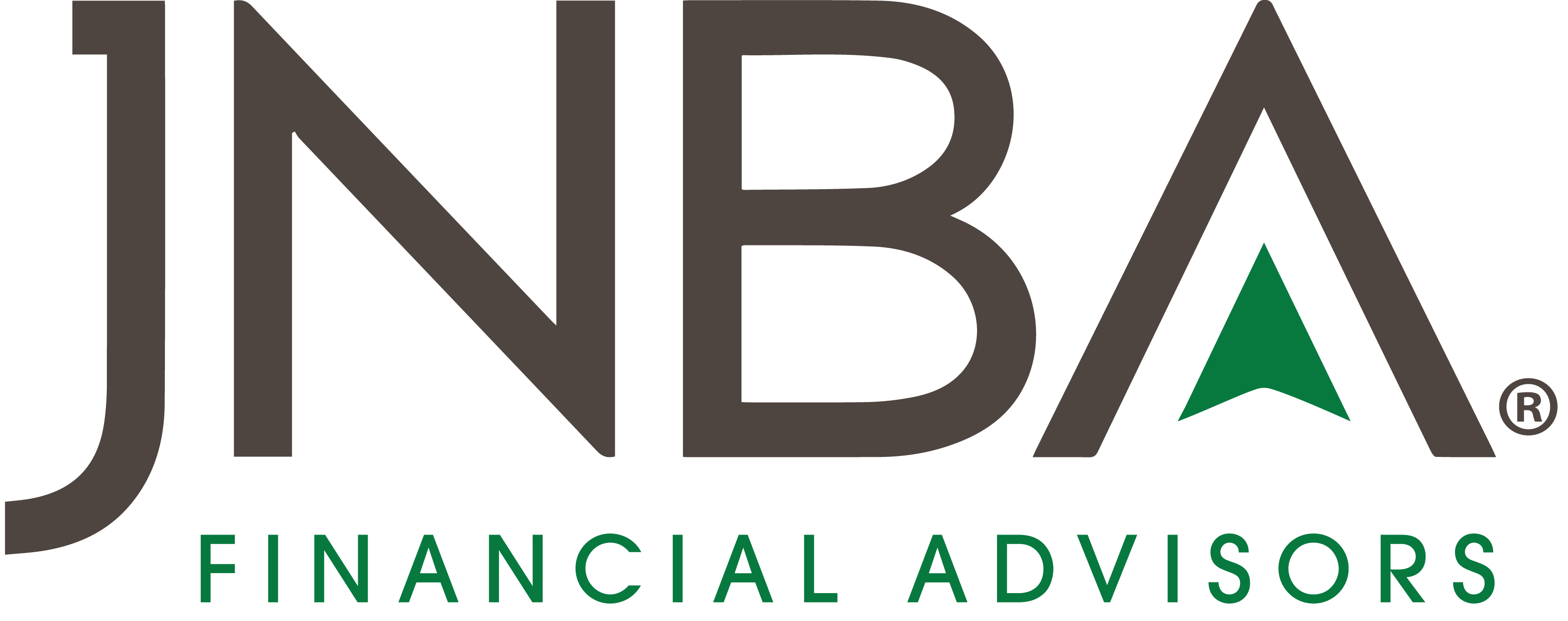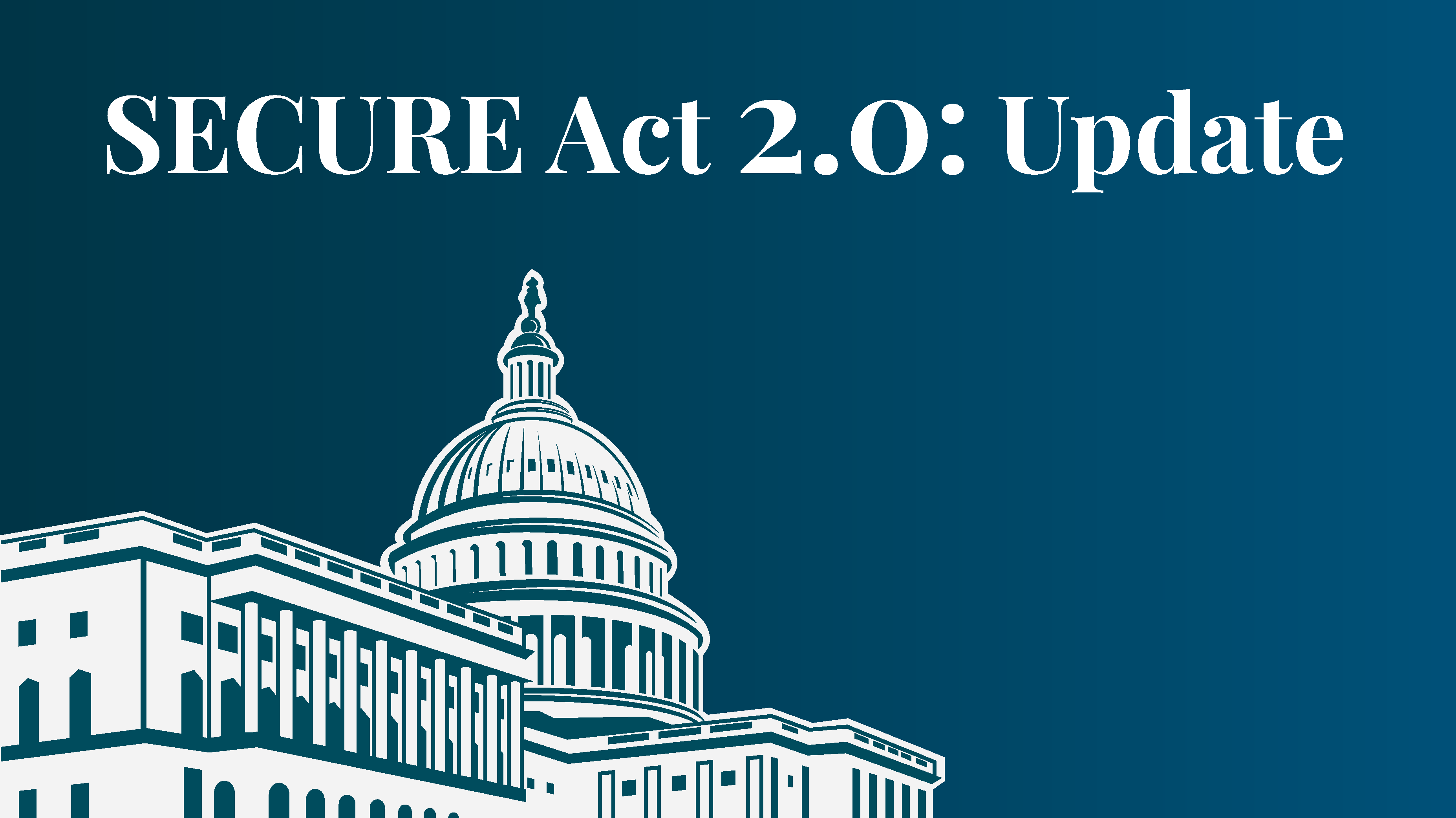At the end of 2022 and early 2023, there was plenty of buzz surrounding the omnibus spending legislation more commonly known as SECURE 2.0, which provided several new opportunities. Many of the opportunities are effective beginning in 2025. Below we have outlined some of the major changes that may impact the individuals and families we serve. For a quick overview of the items covered in the bill, consider reading JNBA’s previous article on SECURE 2.0.
Higher Catch-Up Contributions for Ages 60 to 63:
- Starting in 2025, individuals aged 60 to 63 by end of the year can contribute a higher catch-up amount of $11,250 instead of the regular $7,500 catch-up limit that applies to everyone else who is over the age of 50.
- This applies to participants in most 401(k), 403(b), governmental 457 plans and the federal government’s Thrift Savings Plan.
Mandatory Automatic Enrollment for Defined Contribution Plans:
- All new defined contribution plans like 401(k) and 403(b) plans, established after December 29, 2022, must automatically enroll employees at a contribution rate of 3 to 10% of salary. This rate will increase by 1% annually until it reaches 10 to 15%.
- Certain small businesses are exempt from this mandate, and employees can opt out or withdraw contributions (within 90 days) without penalties.
Coverage for Long-Term Part-Time Employees (LTPT):
- Beginning in 2025, LTPT employees who work 500 hours over two consecutive years and are aged 21 by the end of the second period will be eligible to participate in 401(k) or ERISA-covered 403(b) plans. This aims to extend retirement savings opportunities to part-time workers.
Retirement Savings Lost and Found Database:
- A new online database will be developed by the U.S. Department of Labor to help individuals track down retirement benefits from previous employers, making it easier to locate plan administrators and recover lost benefits.
If you have any questions about how SECURE 2.0 impacts your situation, please do not hesitate to reach out to your JNBA Advisory Team.
The above is intended as a high-level summary of some of the Act’s key provisions. Please note JNBA is neither an accountant nor an attorney and no portion of the above should be construed as accounting or legal advice. All legal and accounting issues should be addressed with a legal or accounting professional of your choosing.
Due to various factors, including changing market conditions and/or applicable laws, some of the content may no longer be reflective of current opinions or positions. Moreover, you should not assume that any discussion or information contained in this blog serves as the receipt of, or as a substitute for, personalized investment advice from JNBA Financial Advisors.
Please see important disclosure information at jnba.com/disclosure





